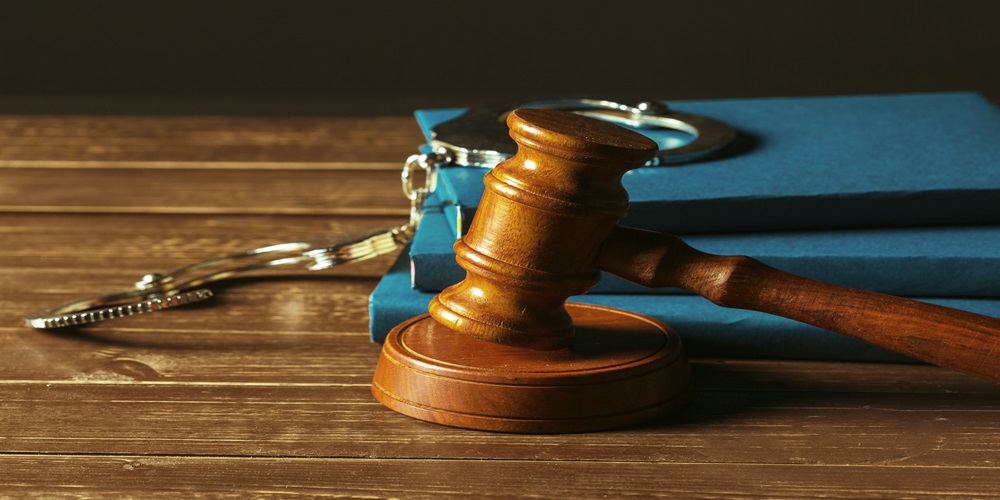The 3 Commonly Used Pieces of Evidence in Impaired Driving Cases
Impaired driving is an alarming offense with severe prosecutions, including fines, license suspension, and conviction. Knowing the kinds of records that may be used to sue you if you face impaired driving claims is helpful. This article will explore the three most commonly used proofs in impaired driving cases.

1. Breathalyzer or blood test results
The breathalyzer or blood test scores are the main proof of impaired driving sues. These tests are equipped to detect the alcohol level in your system during the traffic stop or arrest.
Police officers will request that you authorize a breathalyzer test if they speculate impaired driving. If you reject the evaluation or have impossible records, the officer may ask for a blood sample to check your blood alcohol concentration (BAC).
Even if your BAC is lower than the recommended level, you can still be sued for flawed driving if the officer believes your capacity to drive was affected by alcohol or drugs.
A criminal defense specialist in Brampton or another valid pro may challenge the accuracy of breathalyzer or blood test results. Factors such as the equipment calibration, the training of the test officer, and any potential contamination of the sample can all be scrutinized.
2. Field sobriety test performance
Another standard evidence in impaired driving cases is the operator’s outcomes on field composure tests. These tests are planned to determine a person’s physical and cognitive state, which can be impaired by alcohol or drug use.
Standard field sobriety tests may include:
- Walk-and-turn test
- One-leg stand test
- Horizontal gaze nystagmus test (following an object with the eyes)
Officers will examine for impairment, such as balance issues, unclear speech, or slow responses. However, age, physical disabilities, or anxiety can also affect outcomes on these tests.
Suppose you have been accused of intoxicated driving based on your results on field composure tests. In that case, hiring an experienced lawyer is advisable to review the circumstances surrounding the tests and potentially challenge their validity.
3. Officer observations and testimony
The arresting officer’s evaluation and statement can also be used as records in an impaired driving event. Officers are trained to check for specific indicators of impairment, such as:
- Bloodshot or glassy eyes
- Slurred speech
- Unusual behavior or demeanor
- Odor of alcohol or drugs
- Erratic driving patterns
The officer’s affirmation will capture their examination before the traffic stop. It will include interactions with the driver and other relevant information. However, it’s important to remember that an officer’s declaration is alleged and can be influenced by various factors. This can include their training, experience, and personal biases.
A criminal lawyer can help navigate legal challenges linked to an officer’s statement. They may probe the officer, challenge the reliability of their observations, or present evidence contradicting the officer’s account.
Consult with an experienced criminal defense lawyer
If you are facing impaired driving prosecutions, it’s essential to share with a criminal defense specialist or a lawyer skilled in this area of law. They can profoundly review the records against you, identify potential weaknesses or inconsistencies, and foster a planned defense pointed to your unique circumstances.
An experienced lawyer also knows the duties of a criminal lawyer, which include protecting your rights, fighting for your interests, and ensuring you receive fair treatment throughout the legal process.
Closing thoughts
Impaired driving sues can have severe outcomes that can significantly impact your life. In this situation, don’t try to cruise the lawful system alone. Hire a practiced lawyer to thoroughly evaluate the evidence against you and provide the skilled representation you deserve.
A knowledgeable advocate can boost your chances of achieving the best possible outcome and navigating legal challenges effectively.
